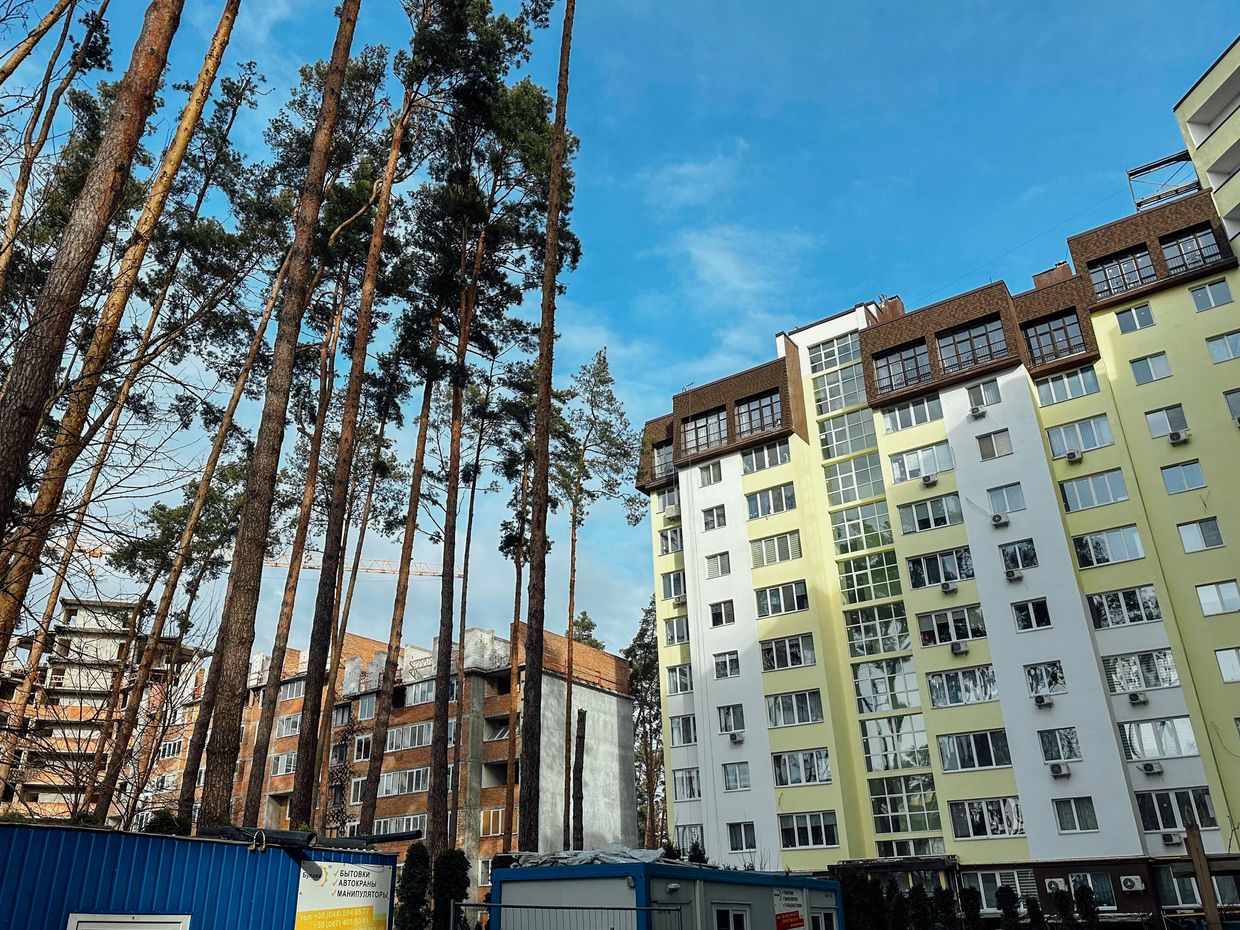World Bank: Ukraine's recovery costs rise to $486 billion

The estimated cost of Ukraine's post-war recovery and reconstruction has risen to $486 billion over a 10-year period, according to the World Bank's Third Rapid Damage and Needs Assessment published on Feb. 15.
This figure, based on data gathered between Feb. 24, 2022, and Dec. 31, 2023, is 2.8 times higher than Ukraine's nominal gross domestic product (GDP) for last year, read the report co-authored by the World Bank, the Ukrainian government, and the European Commission.
The economic and human cost of Russia's aggression continues to rise as the all-out war nears its two-year mark. The World Bank's earlier assessment from March 2023 put the recovery costs at $411 billion.
Ukraine also needs $9.5 billion to address immediate recovery and reconstruction priorities for 2024. Ukrainian authorities identified $15 billion for various needs this year, namely in industry, services, housing, utilities, energy, transport, and social infrastructure.
As of December 31, 2023, direct damage caused by Russia's war has reached almost $152 billion, with housing, transport, commerce and industry, agriculture, and energy being the most affected sectors, the report said.
The damage continues to be concentrated in Donetsk, Kharkiv, Luhansk, Zaporizhzhia, Kherson, and Kyiv oblasts.
"Disruptions to economic flows and production, as well as additional costs associated with war (such as debris management), are collectively measured as economic loss amounting to over $499 billion," the assessment read.
Raising funds to cover recovery needs remains a challenge for Kyiv and its partners. Earlier this month, the European Council approved the Ukraine Facility, a four-year financing of 50 billion euros ($54 billion) to aid the besieged country's recovery efforts and help finance the state's functioning amid the full-scale war.
In turn, a $60 billion U.S. funding package for Ukraine, which includes almost $10 billion in non-military support for the public and private sector, remains stuck in Congress due to opposition by parts of the Republican Party.
As an alternative source of financing, Kyiv has been pushing for the allies to use some of the $300 billion in Russian sovereign assets frozen in the EU and G7 countries to fund Ukraine's recovery.
While the EU, where most of these assets are held, is hesitant to confiscate these assets outright, the European bloc proposed a plan last December to seize about 15 billion euros ($16 billion) in projected profits generated by frozen assets and funnel them to Ukraine.
The G7 nations have also pledged that Russian assets held in their jurisdictions would remain frozen until Moscow pays war reparations.











